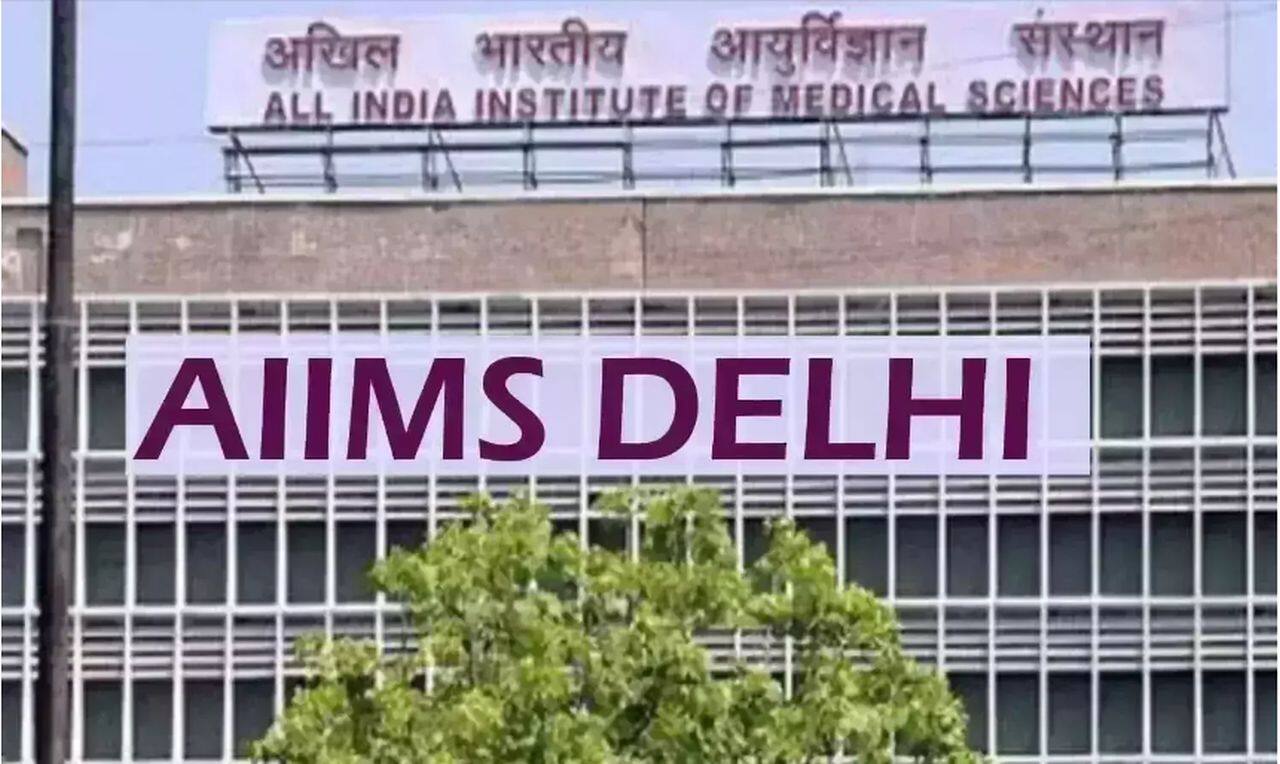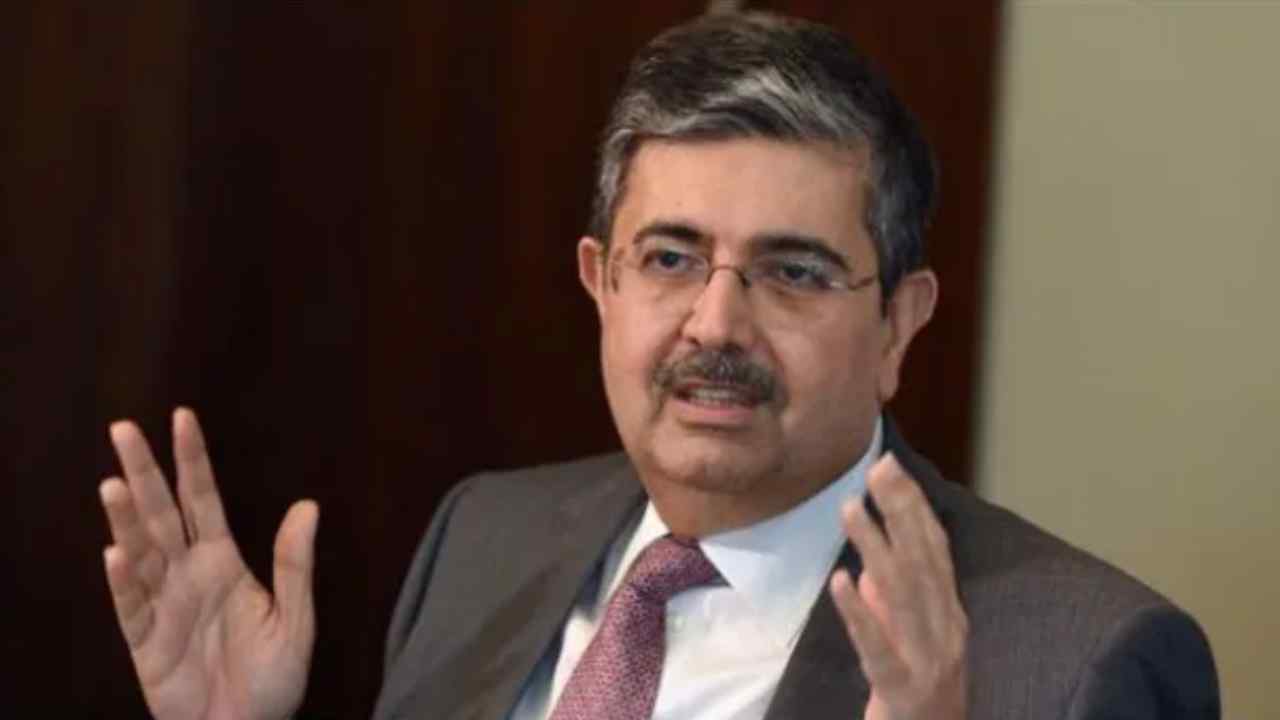Important Updates for CGHS Cardholders
The Central Government has implemented significant changes to improve the healthcare experience for CGHS (Central Government Health Scheme) cardholders. With new emergency service guidelines established by the Ministry of Health, the aim is to streamline access to health services, ensuring that patients can receive timely and efficient care without unnecessary obstacles. The updated rules, detailed in the Office Memorandum (OM) issued on September 24, 2024, include modifications to referral processes and the introduction of a Standard Operating Procedure (SOP) for better management of emergency cases.
Revised Emergency Procedures
Under the new regulations, Healthcare Organizations (HCOs) are no longer required to obtain a referral or endorsement from CGHS to offer cashless treatment during emergencies. This means that patients can receive immediate care without waiting for prior approvals, which is crucial in critical situations. To facilitate this, patients must secure an emergency certification from a qualified physician at the treating hospital. This certificate will enable the hospital to file treatment claims directly on the BCA portal.
Flexibility in Treatment Approvals
In cases where tests or treatments are not included in the CGHS list but are necessary for emergency treatment, hospitals can bypass standard referral requirements. Instead, they can seek authorization through the NHA portal, eliminating the need for additional clearance from local CGHS offices.
Changes in Referral Guidelines
Consultation Validity and Limits
Under the revised referral rules, a consultation memo received through CGHS will remain valid for a period of three months. During this timeframe, if a CGHS medical officer refers a patient to a specialist, the patient can attend consultations with that specialist up to six times. Furthermore, if the initial consultation yields recommendations for additional specialists, patients may seek advice from two more experts as needed. It is vital to note that these rules specifically apply to referrals issued by CGHS medical officers and do not extend to referrals from government hospitals.
Special Provisions for Seniors
Beneficiaries aged 70 and above will benefit from a notable exemption: they will no longer need referrals to consult any specialist. This facilitation allows older adults to access necessary medical care directly for any registered tests or procedures at listed hospitals. However, if the required test or procedure is not covered by the CGHS list, prior approval from CGHS officials will still be needed.
Follow-Up Care for Chronic Conditions
For beneficiaries dealing with specific chronic ailments, new rules enable unlimited follow-up consultations and testing based on initial referrals. The conditions that qualify for this special provision include:
| Condition |
|---|
| Post-cardiac surgery cases |
| Post-organ transplant cases |
| Post-neurosurgery cases |
| End-stage renal disease |
| Cancer treatment |
| Autoimmune disorders |
| Neurological disorders |
Patients suffering from these specific conditions will no longer need to acquire repeated referrals for ongoing treatment or necessary investigations, simplifying their access to healthcare and providing peace of mind during challenging times.











